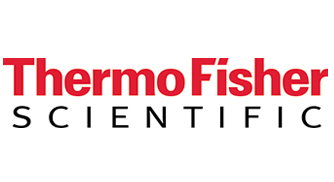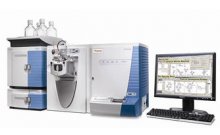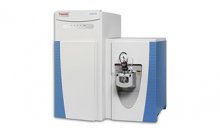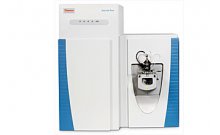以红酒为基质结合自动化样品净化系统测试LC-MS耐用性
简介
Achieving low limits of detection (LODs) of pesticides,antibiotics and veterinary residues in food residues and drinking water is of paramount importance in order to monitor the regulatory levels as stated by the US, Japanese and EU directives. These substances pose a significant health threat and therefore, need to be accurately detected at the lowest levels, typically at part per trillion (ppt).Traditionally, LC-MS/MS has been used by the environmental and food industries for the identification and quantitation of these residues. However, this methodology typically requires extensive offline sample preparation,which can be time consuming and expensive.The Thermo Scientific EQuan environmental quantitation system consists of a Thermo Scientific TSQ Quantum™ series mass spectrometer, two Thermo Scientific Surveyor™ HPLC pumps with a preconcentration column, an analytical column, and a CTC autosampler. The unique capabilities of EQuan for online preconcentration and cleanup of samples result in improved sensitivity and precision, as well asunmatched throughput.In previous experiments, using the EQuan system for online sample preconcentration and detection of pesticides in ground water yielded lower limits of detection compared to standard injection techniques. See Table 1.Typically, when red wine is analyzed using LC-MS/MS, some form of sample preparation and/or extraction is necessary prior to injection. In this application note, the EQuan system was tested for robustness using a matrix of neat red wine spiked with a mixture of pesticides using large volume (1000 μL) injections.
实验仪器
结论
This application note demonstrates the robustness of the TSQ Quantum Ultra triple quadrupole mass spectrometer and an online extraction and preconcentration method.The described sample cleanup technique improves signalto-noise ratios by a factor of 10 to 100 (based on injection volume) for low concentration samples in red wine matrices. Preliminary results using onion and tobacco matrices have yielded similar results in terms of column performance and mass spectrometer robustness. Further studies will be conducted in other matrices, as well as with other pesticides, herbicides, and insecticides.




